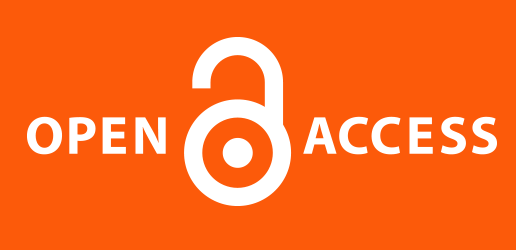Assessment of Water Supply Systems in Karrayu Pastoral Area, Oromiya Region, Ethiopia
DOI:
https://doi.org/10.20372/au.jssd.3.1.2015.040Keywords:
Fentale, Karrayu, Local Community, Pastoral, Water SourcesAbstract
This paper examines the major sources of water supply and their challenges in the pastoral areas of Karrayu. To achieve this objective, mixed method research including qualitative and quantitative methods, has been used. Multistage stratified sampling was used to identify 120 sample respondents from 3pastoral and agro-pastoral kebeles along Awash National Park and Metahara Estate Farm in Fentale Woreda. Semi-structured interview, focus group discussion, deep personal interview and field observation together with GPS readings of geospatial data were employed to collect primary data supplemented by secondary data sources. The collected data were analyzed using descriptive statistics. Arc GIS 9.1 and ERDAS software were used to depict the spatial distribution of water point of the study area. The study identified natural/earthen ponds, traditional ponds, modern ponds, cistern, boreholes, irrigation canals, salty pipe-waters and river water points as major sources of water supply. The finding also indicated lack of water development schemes, which is below the other pastoral areas in Oromia region. The fluoride ion concentration of water from the Awash River was found 2.2mg/l, which is higher than WHO standard (1.5mg/l) while its turbidity is 569.25 that is 113.85 and 81.32times greater that the WHO and National Standards, respectively. The depth of boreholes ranges from 41 to 113m that were not fenced and hence affected by effects of degradation and high siltation. About 85.5%, 77.5%, 65%, 60% and 56.7% of the local community perceived such challenges that led to severe water scarcity as existence of estate farms and Awash National Park, climate change and frequent drought, conflict on water points, population growth, and mismanagement of water sources. This calls for holistic role of different stakeholders to be integrated to devise proper interventions mechanisms to access the local community with sustainable water supply system thereby sustain livelihood of the pastoral and agro pastoral community of Karrayu.
Downloads
Published
How to Cite
Issue
Section
License
Copyright (c) 2015 Author(s)

This work is licensed under a Creative Commons Attribution-NonCommercial 4.0 International License.









